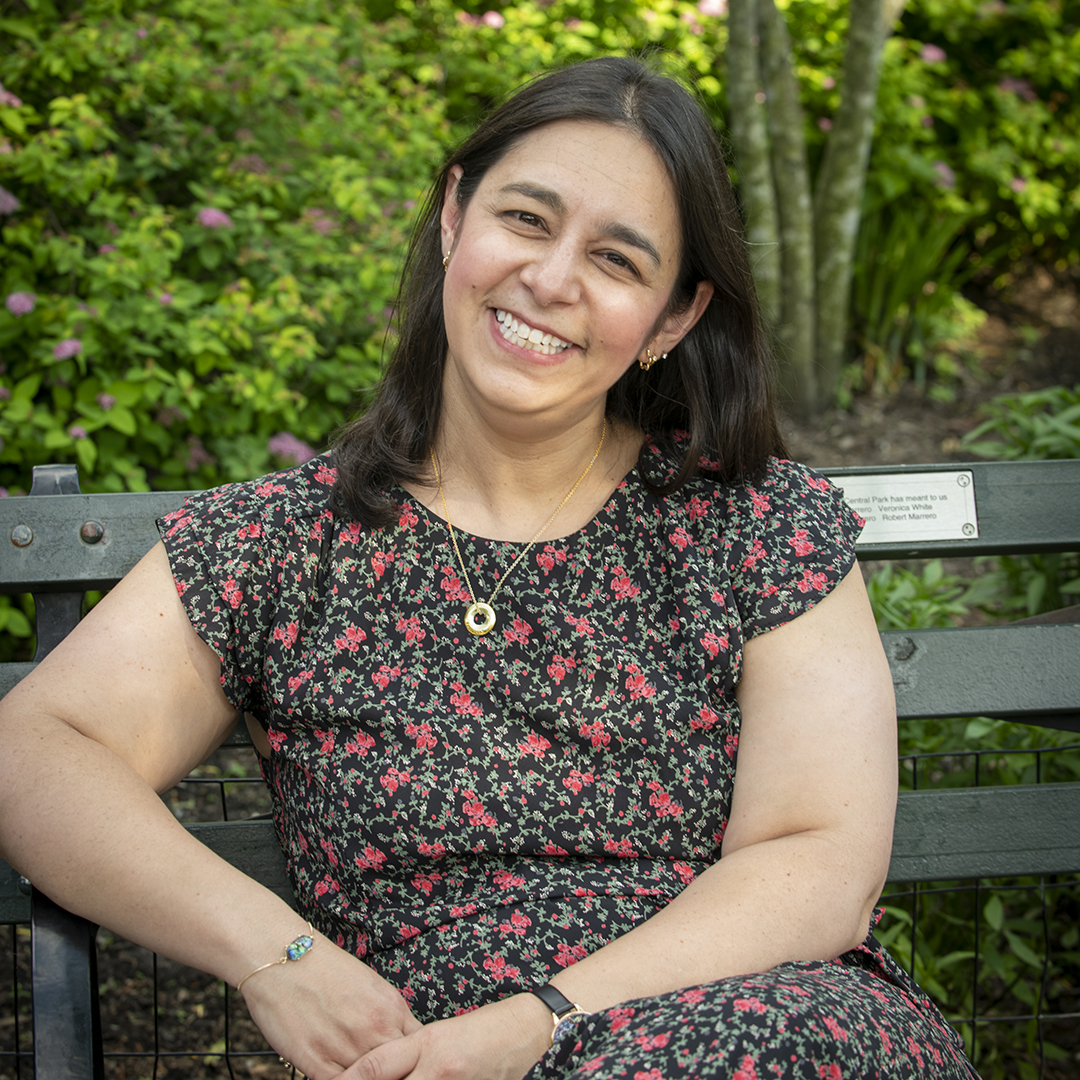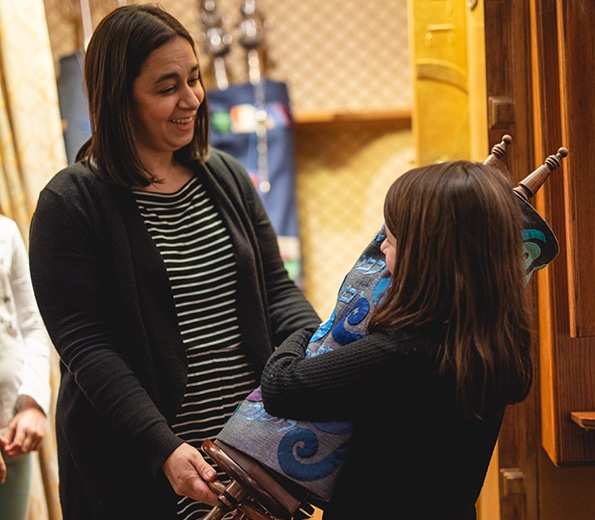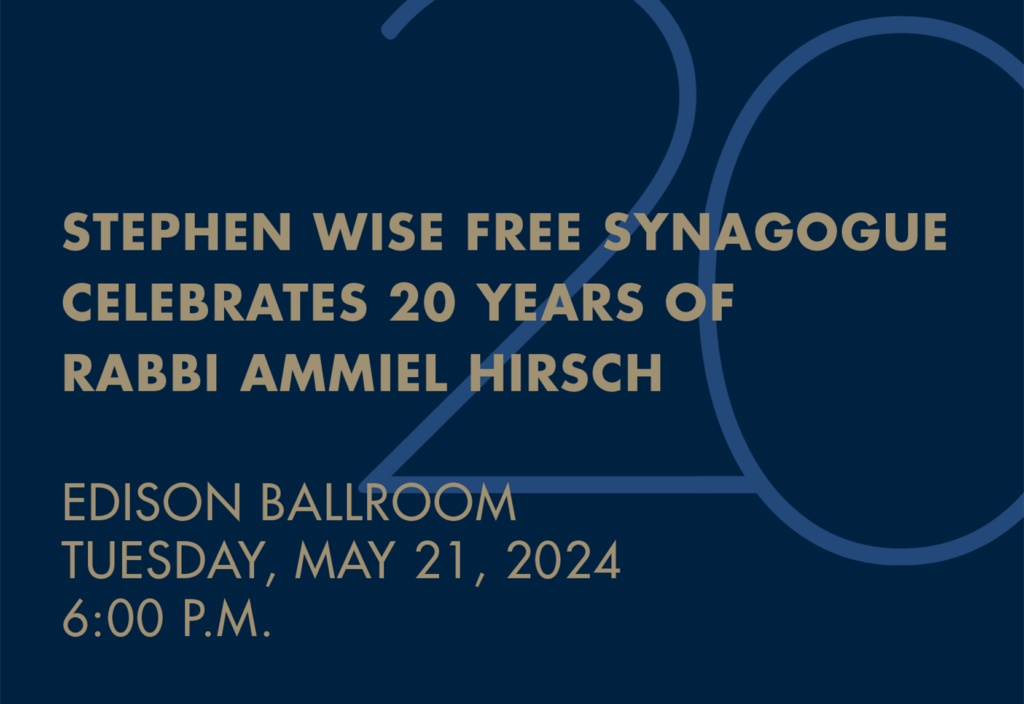Explore the Gift of Jewish Life!
At the Religious School, we strive to build and intensify Jewish identity by providing meaningful opportunities for Jewish learning for children ages five to 18. We offer flexible scheduling on Sundays and weekdays and individually scheduled home-learning to best meet the needs of busy students and families. Our programs give students the opportunity to make lifelong friends, foster positive connections to their community, and develop and grow in a safe, comfortable setting.
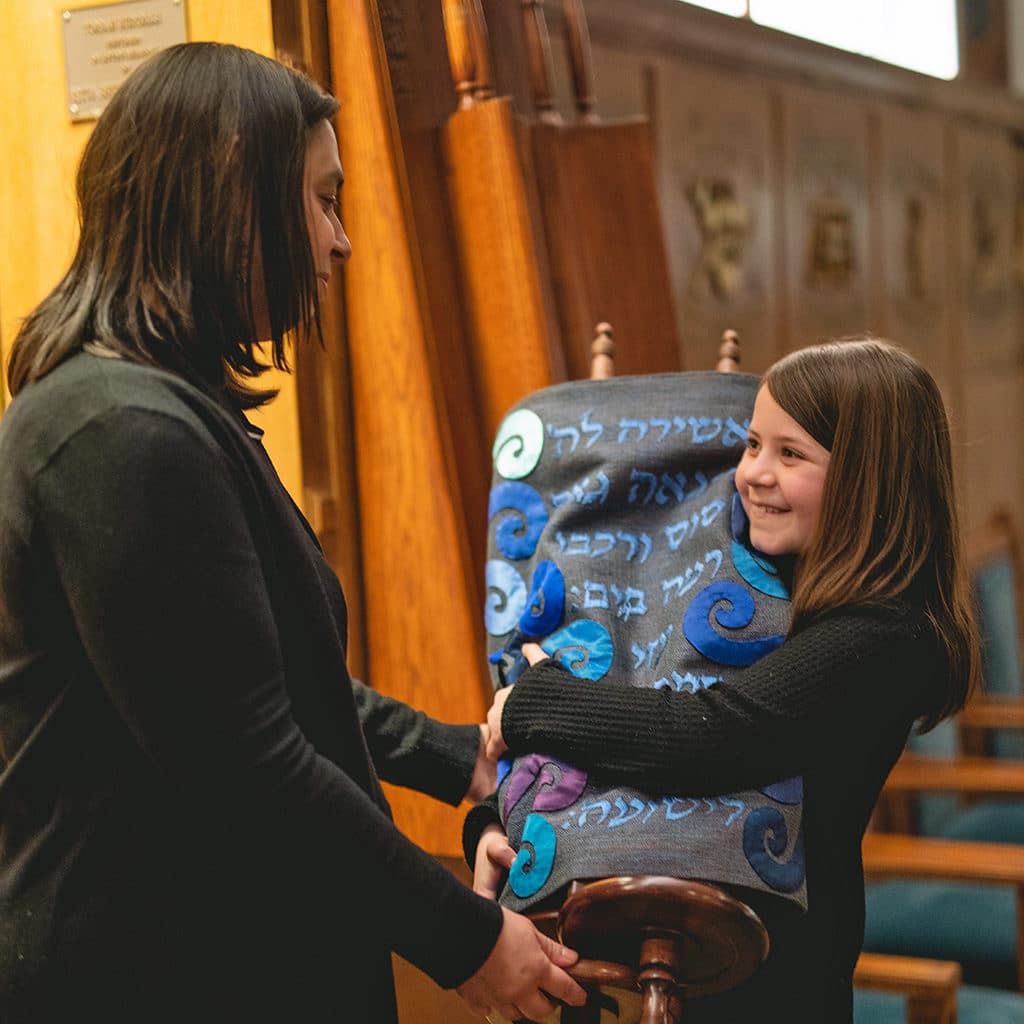
We take our responsibility of educating the next generation very seriously, so we don’t just teach from a textbook.
We invigorate Judaism through an innovative, dynamic and hands-on curriculum that involves the entire family.
At the beginning of each year, students, parents/guardians, faculty, madrichim (teen volunteer teaching assistants), and staff sign a school brit (covenant).
Our school brit embodies the five middot (values) that direct our learning and community-building:
• Kavod (respect and honor)
• Derech eretz (common decency)
• Achriyut (responsibility)
• Chesed (compassion and kindness)
• Talmud Torah (Jewish study)
When students and parents are excited by Jewish education, their connection to Judaism and the Jewish community deepens, and all family members seek to learn more.
As a thriving and active synagogue, Stephen Wise creates frequent opportunities for families to further engage in Jewish life and learning throughout the year, including Family Shabbat Experiences programming, social justice programs like our Emergency Food Program and much, much more.
We look forward to accompanying you and your family on this Jewish journey!
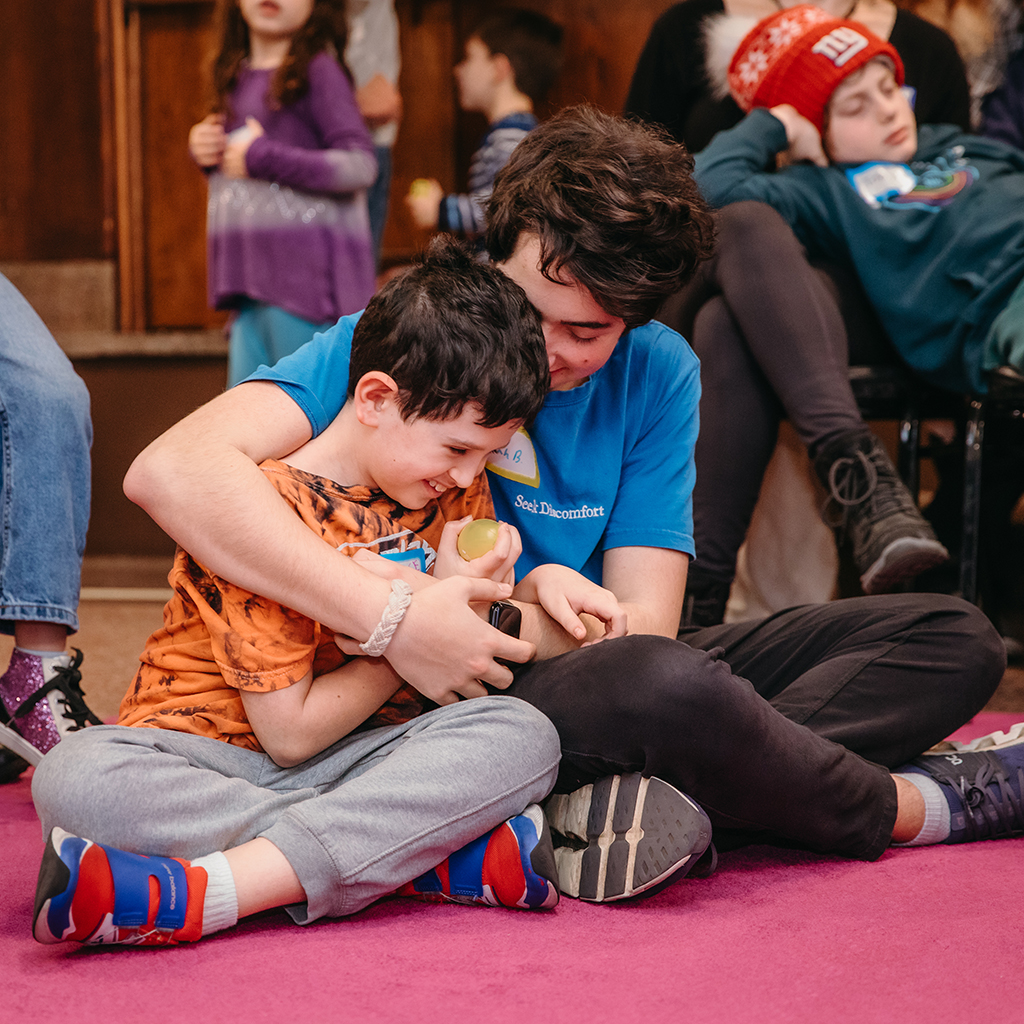
LEARN MORE ABOUT OUR SCHOOL!
We look forward to accompanying you and your family on your Jewish journey! To learn more about our programs and the curricula for each grade level, visit our programs page here. To enroll your children or learn more about admissions, please visit our Religious School’s admissions page here.
If you or your family are facing special circumstances or challenges, our clergy, administrators, and teachers are always available to privately discuss educational, emotional, religious, or financial concerns, among others.
Virtual Religious School Info Session 🖥
Religious School Info Session 🙋
Upcoming Religious School Events
Virtual Religious School Info Session 🖥
Religious School Info Session 🙋
Learning Opportunities for All Ages
Early Childhood Center
Religious School
Adult Learning and Community
Bar/Bat Mitzvah
Stephen Wise Free Synagogue is a 501(c)(3) religious organization (Tax ID #13-1628215) and any donations are tax deductible to the full extent allowable by law.

